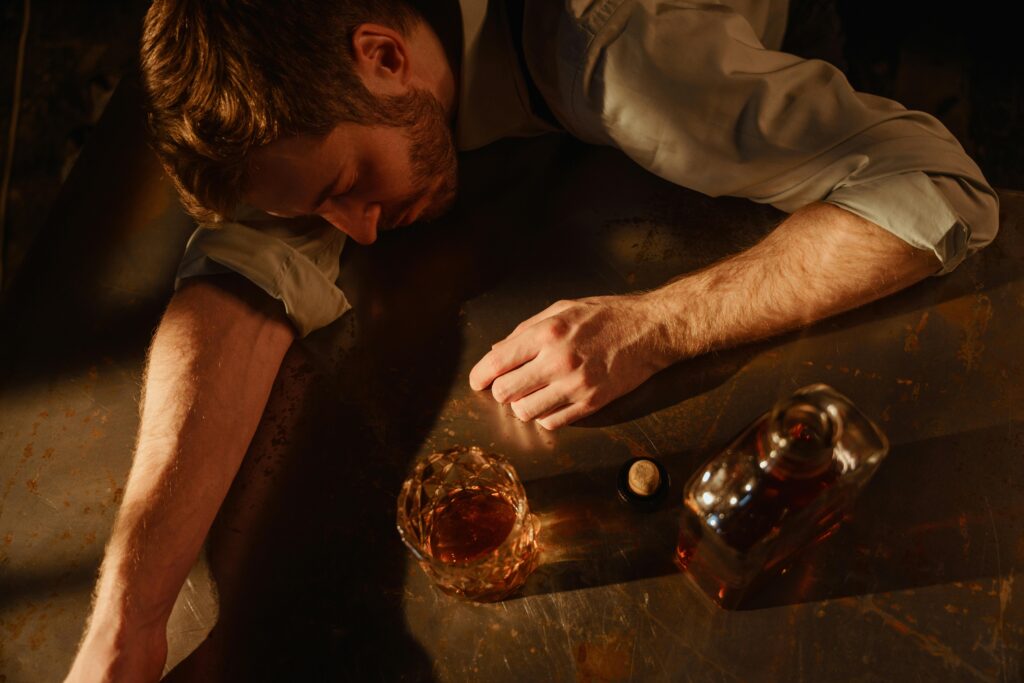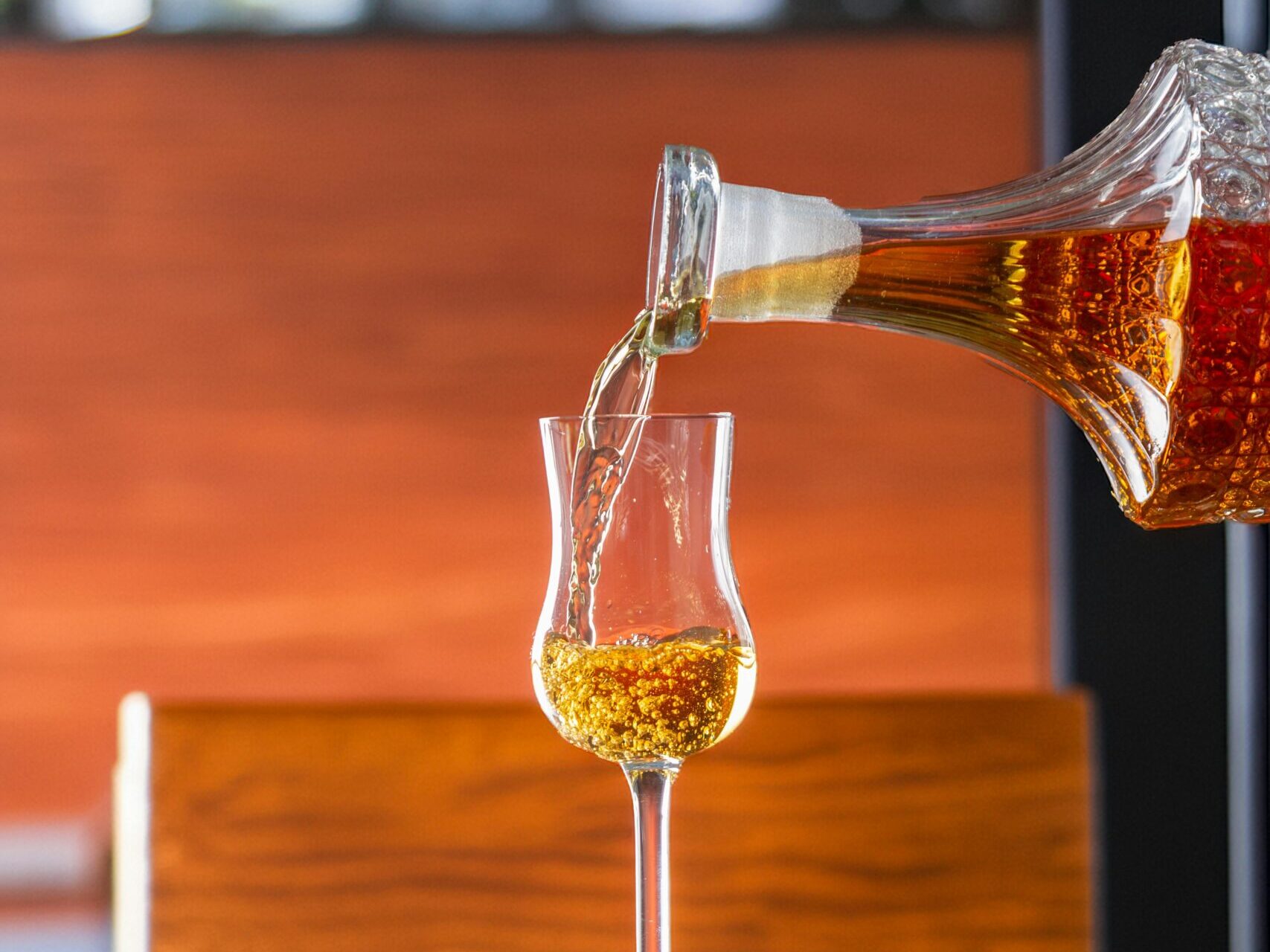Introduction
Alcohol addiction is a serious and pervasive issue that affects millions worldwide. Whether it’s casual drinking turning into dependency or a long-standing struggle, alcohol addiction can take a heavy toll on your health, relationships, and overall well-being. In this article, we’ll explore the symptoms, causes, and most importantly, 7 effective ways you can break free from alcohol addiction and regain control of your life. If you’re ready to take the first step toward recovery, these strategies will guide you on your journey to lasting change.
Table of Contents
Main Content:
Causes and Risk Factors of Alcohol Addiction
Alcohol addiction doesn’t develop overnight. It’s a complex issue that often stems from multiple causes, such as genetic predisposition, mental health issues, stress, or even social pressures. Understanding these factors is crucial to taking proactive steps toward recovery.
7 Effective Ways to Break Free from Alcohol Addiction
1. Seek Professional Help
Professional help is often the first and most crucial step in overcoming alcohol addiction. Detox programs, therapy, and rehabilitation centers provide the necessary support to detox safely and begin the healing process.
2. Build a Support Network
One of the key factors in overcoming alcohol addiction is surrounding yourself with a strong support system. This can include family, friends, or even support groups like Alcoholics Anonymous (AA) that offer guidance and encouragement through your recovery.
3. Set Clear Goals and Track Progress
Setting achievable goals is essential in maintaining motivation and commitment during recovery. This could be as simple as reducing alcohol intake or attending therapy sessions regularly. Tracking progress helps you stay focused and committed.
4. Develop Healthy Coping Mechanisms
Addiction often stems from poor coping mechanisms. Replace alcohol with healthier alternatives such as exercise, meditation, or hobbies. This helps to manage stress, anxiety, and other triggers without relying on alcohol.
5. Consider Medication
In some cases, medications like disulfiram or acamprosate may be prescribed to help reduce cravings and manage withdrawal symptoms. Always consult with a healthcare provider to determine the right treatment plan for you.
6. Stay Consistent with Therapy
Therapy, such as Cognitive Behavioral Therapy (CBT), can help address the psychological aspects of addiction. By staying consistent with therapy, you can work through the root causes of your addiction and develop the skills needed to resist temptation.
7. Focus on Mental and Physical Well-being
Recovery is not just about quitting alcohol; it’s about healing your body and mind. Regular exercise, a balanced diet, and mindfulness can contribute to improving both your physical and mental health, reinforcing your journey to recovery.

Conclusion
Alcohol addiction is a difficult challenge, but it is not insurmountable. By following these 7 proven strategies, you can take meaningful steps toward breaking free from the cycle of addiction and reclaiming your life. Remember, the road to recovery is a journey that requires persistence, patience, and support. If you or a loved one is struggling with alcohol addiction, don’t hesitate to reach out for help. Taking action today can lead to a healthier, happier future. If you need more information or help with your health journey, feel free to contact us at Health Authentica.










